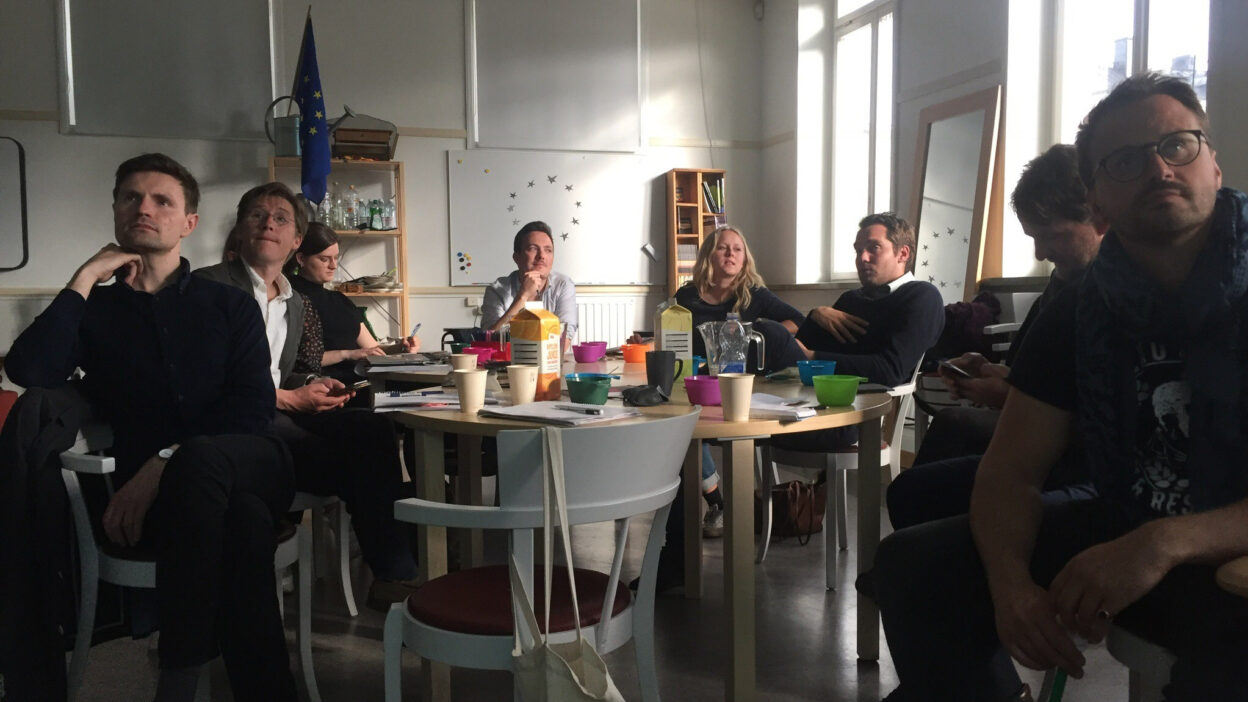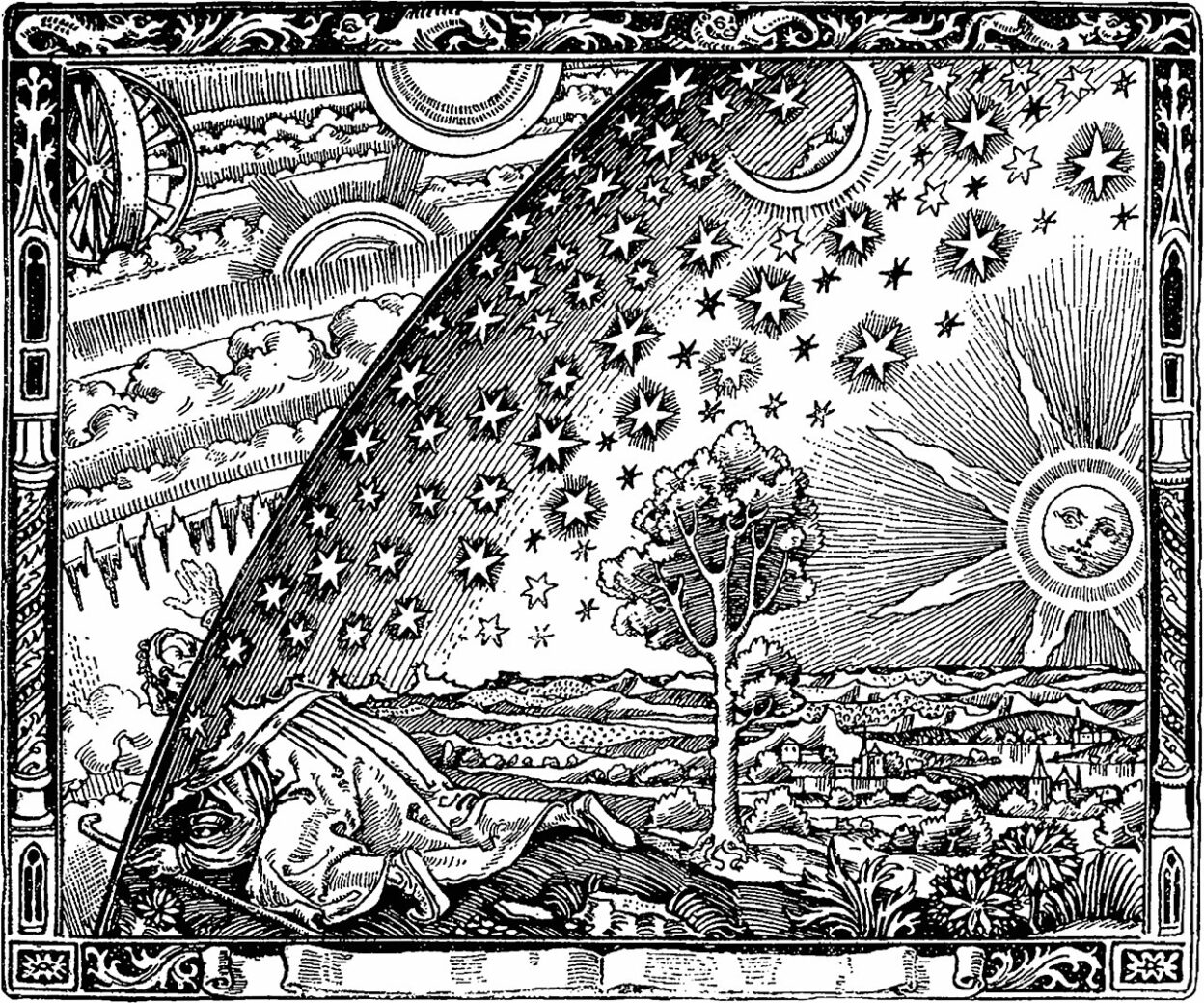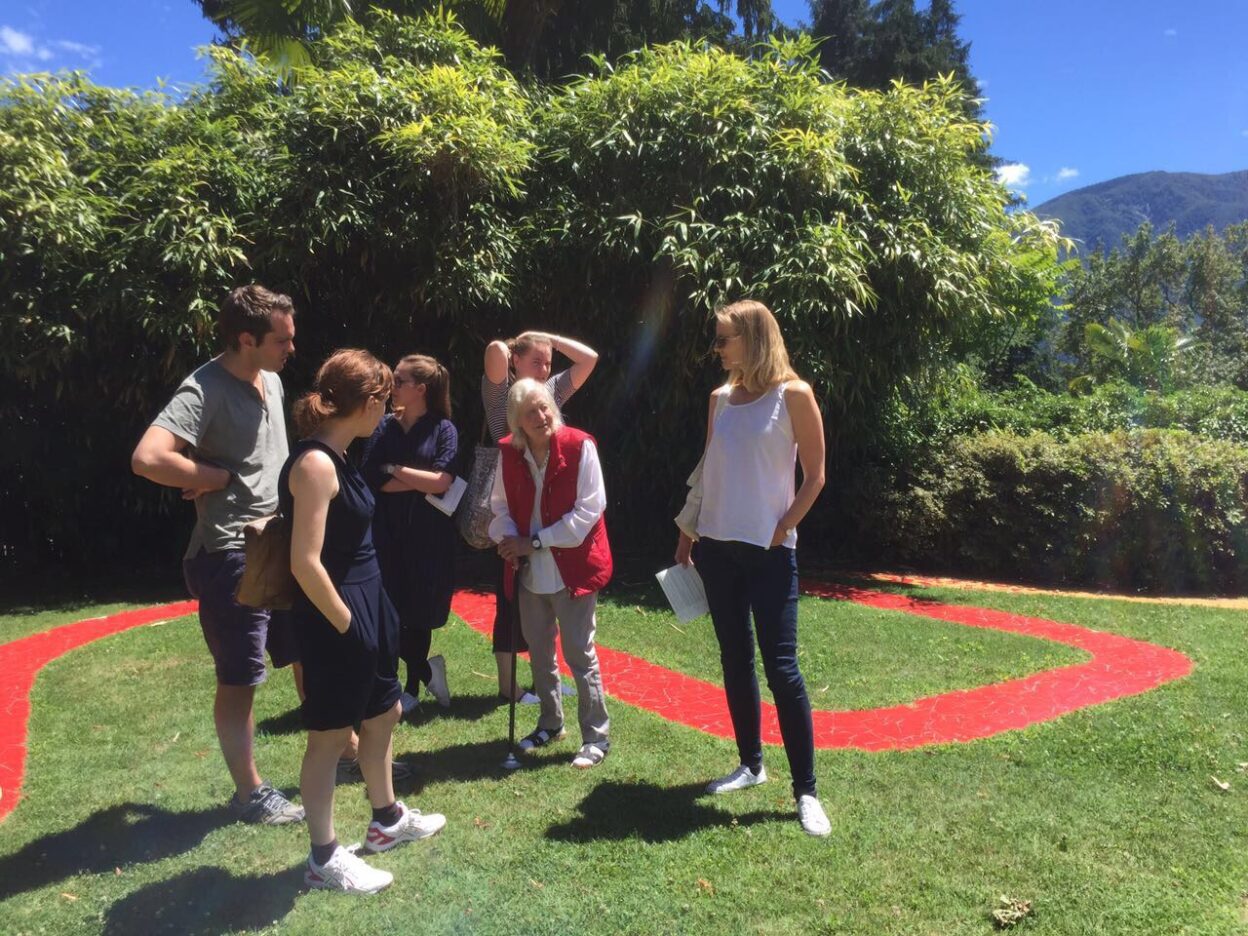“To reunify with the customs that lie buried under decades of normalized life is the only way not to perish with this world.” – Comité Invisible
Why should traditions protect us?
The old, the roots and the ground vanishes under our feet, when we deify only the new. We become air balloons only fuelled by the hot air of new fashions. We become terrifyingly light. We become the containers of whatever, the empty shells ready to be filled up by commercially manipulated customs, habits and invented traditions.
How can traditions protect us?
The slowness and conservative development of traditions protects against the rapid destruction of revolution. Traditions pass the test of time. They are not killed off easily. Traditions help making a group a group, so that we not only understand other people as individuals but also as people who belong to a group, a nation, continent, class, a counter culture. Traditions make us belong to a group so that we are not only fragmented souls in fragmented societies.
It is my conviction that traditions can be a way to do resistance towards the negative aspects of the revolutionary forces of capitalism, technology, online-life, the internet, social media, mechanisation and robotisation of jobs, individualism and migration. Furthermore, as we look back in history and try to connect to this or that period or philosophy, we have the chance to reawaken traditions. Today we live in an era, where many modern, urbanised human beings, including myself, are searching for ways to reconnect to Nature. I believe that a reawakening of traditions occupied with nature, the weather and seasons can be a way to reconnect to nature. In the same way reawakened traditions occupied with the spiritual (det åndelige, das Geistige) can be a way out of the rational-scientific culture I feel trapped in.
European Traditions
European traditions are developing. We shouldn’t be sorry about this fact. We can’t define European traditions because we are now creating them! We shouldn’t be frustrated about not knowing the definition of European tradition, or the European identity or mindset. The fact that we can’t define it only means that we are in the process of creating it and thereby defining it. Personally I would rather be part of a creating process than a process of going to the museum or dictionary.
Traditions make us human
That we have traditions bears witness to that we are more than flexible clay in the hands of people in power. Traditions can defend our souls from being enslaved in primitive projects. But unexamined traditions can also be used to engage us in primitive projects; nationalistic traditions can be used for fascist purposes. We should always examine traditions.
When I do traditions, I stand on top of others who did it before, I rely on and lean into other people’s meaningful experience. Traditions connect me to others. The very ability to participate in a tradition bears witness to the surrealistic effort of human beings of searching for meaning, friends and truth.
- https://voreseuropa.dk/en/
- https://www.instagram.com/oureurope/{„type“:“block“,“srcIndex“:0,“srcClientId“:“318d50d4-3877-4e90-a188-cedc052ed991″,“srcRootClientId“:“f5842b7b-403b-4d34-b810-7ae370e8f19f“}
- https://www.facebook.com/VoresEuropaOurEurope/
Peter Hauberg-Lund Laugesen co-founded Our Europe with his partner Elena Maria Askløf in 2013. Since then they have traveled Europe extensively as writing and filming documentarians. Amongst others they interviewed Ukrainian revolutionaries, African migrants, neo-fascist activists and Spanish protesters.


